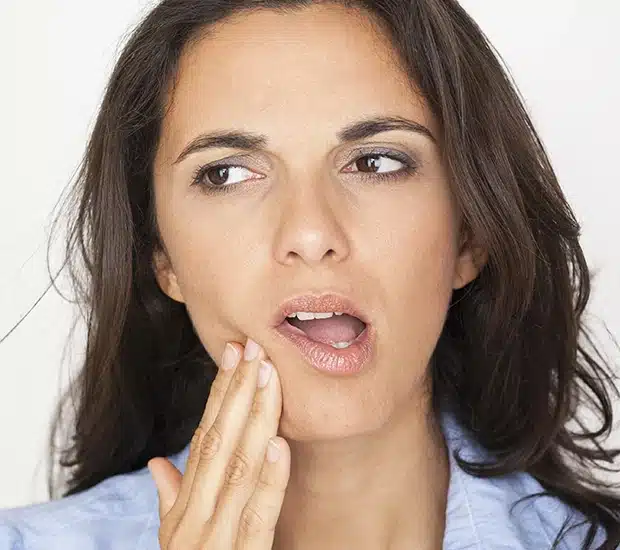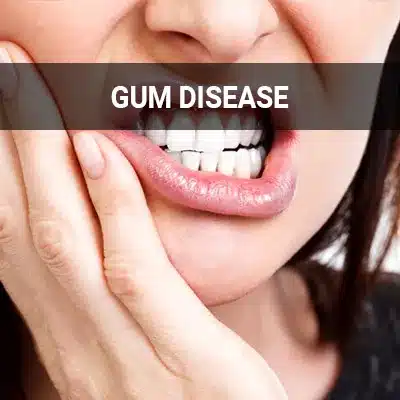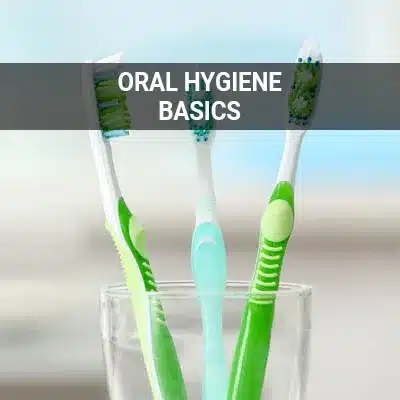
Why Are My Gums Bleeding, Glendale AZ
Gum disease can take a toll on your health. Along with oral health issues, gum diseases can have lasting effects on the body. This makes it crucial to seek professional evaluation and treatment when noticing bleeding gums. In many cases, bleeding gums are often an early warning sign of gum disease.
Treatment for gum disease is available at Singh Smile Care - Dentist Glendale, AZ in Glendale AZ and the surrounding area. First, our team performs an in-depth exam to determine the cause of your symptoms. Next, we offer a range of treatments to improve your oral health. Early diagnosis and treatment can help you avoid complications. Call us at (623) 400-6009 to schedule an appointment with a qualified dentist.

Diseases That Cause Gums to Bleed
Most forms of gum disease are caused by plaque. This sticky substance traps food and bacteria against the gum line. Over time, bacteria attack the gums, triggering inflammation and sensitivity. Without treatment, the problem can worsen. The gums may bleed while eating, brushing, or flossing. Gum problems have also been linked to heart disease and stroke.
Often, smoking and poor oral hygiene are to blame for gum disease. But some patients may be prone to gum disease even if they brush and floss daily. Pregnant women are at a high risk of gum disease, and so are people with diabetes. Patients who wear dentures are more likely to develop gum disease too.
In rare cases, bleeding gums can be a sign of a severe condition like leukemia. Patients who notice bleeding gums should seek dental care right away. Our team can determine the source of the problem. If further tests are required, we help patients make the necessary arrangements.
Often, smoking and poor oral hygiene are to blame for gum disease.
Mouth Injuries
Gums may also bleed after a common mouth injury. Patients may notice bleeding after eating sharp foods or suffering a sports injury. More minor injuries may heal on their own, but severe dental bleeding can be dangerous. Seek medical care right away if you experience heavy or uncontrolled bleeding.
Taking some quick and easy precautions can help prevent dental injuries. For example, wearing a mouthguard protects the teeth and gums while playing sports. Avoid sharp foods like chips and hard candies, and never use the teeth to cut or tear objects. Keep appliances like dentures and retainers in good shape, too. Wearing a damaged or ill-fitting appliance can result in a serious mouth injury. If your device no longer fits, contact our dental team. We can provide a replacement.
Taking some quick and easy precautions can help prevent dental injuries.
Factors That Cause Gum Bleeding
Smoking, vaping, and chewing tobacco all increase one's risk for gum disease. The substances dry out the mouth and reduce blood flow to the gums. Over time, some patients may develop gum problems. Patients who notice gums bleeding should quit all tobacco products at once.
A poor diet can also lead to vitamin deficiencies. If the body does not receive enough of certain nutrients, patients may develop gum recession. Blood tests can determine whether a patient suffers from nutritional deficiencies. If a nutritional deficiency is to blame, supplements may resolve the problem.
Some prescription medications are associated with oral bleeding, too. Blood thinners, including aspirin, can increase the risk of bleeding. Patients who experience oral bleeding while taking these drugs need immediate care. Contact your healthcare provider for further advice.
Smoking, vaping, and chewing tobacco all increase one’s risk for gum disease
How to Stop Gums from Bleeding
Patients with bleeding gums sometimes stop brushing and flossing their teeth. Unfortunately, poor oral hygiene only worsens the underlying problem. As such, patients must continue brushing their teeth twice daily, even if they are experiencing gum bleeding. Use a soft-bristled brush and apply gentle pressure. Afterward, floss carefully to remove any debris that might be stuck in the gums.
Our team may also recommend a specially formulated mouthwash or a saltwater rinse. These treatments help clear up the infection and shrink swollen gums. Oral rinses also flush away debris and help prevent plaque buildup. Preventing plaque is an essential step in the gum-disease treatment process.
Preventing plaque is an important step in the gum-disease treatment process.
Questions Answered on This Page
Q. How can I prevent mouth injuries?
Q. What lifestyle factors can trigger gum bleeding?
People Also Ask
Post-Visit Care
Good dental hygiene can reduce gum bleeding.
Frequently Asked Questions
Quality Dental Services Can Transform Your Smile
Periodontic Terminology
Calculus
Calculus, also known as tartar, refers to the hardened dental plaque that forms on teeth due to a lack of proper oral hygiene.
Gingival Flap Surgery
Gingival flap surgery is a procedure in which the periodontist separates the gums from the teeth temporarily to reach the root of the tooth and nearby bone.
Necrotizing Periodontal Diseases
A necrotizing periodontal disease is a disease that involves the necrosis of gingival tissues and lesions forming in the mouth.
Periapical Abscess
A periapical abscess is an abscess that forms from inflammation containing pus in the tissue surrounding the tooth.
Periodontal Ligament
A periodontal ligament is a tissue that connects the tooth to the bone and is destroyed by advanced periodontal disease.
Periodontitis
Periodontitis is a lethal gum infection that results from poor oral hygiene, damaging soft tissue and destroying the bones that support the teeth.
Periodontium
The periodontium is the tissue that surrounds and supports the teeth, gums, periodontal ligament and bone.
Root Scaling and Planing
Root scaling and planing is a non-surgical procedure that involves removing plaque and calculus from the pockets around the root before smoothing the surfaces of the root to help everything heal.








